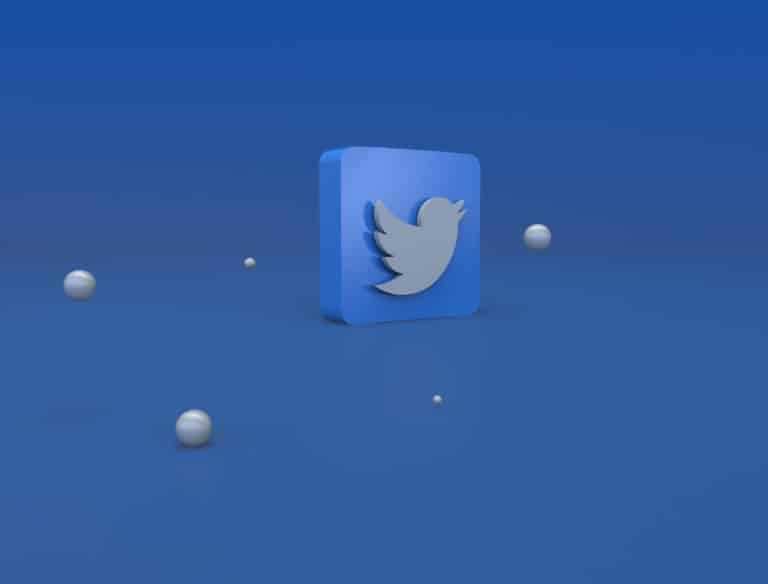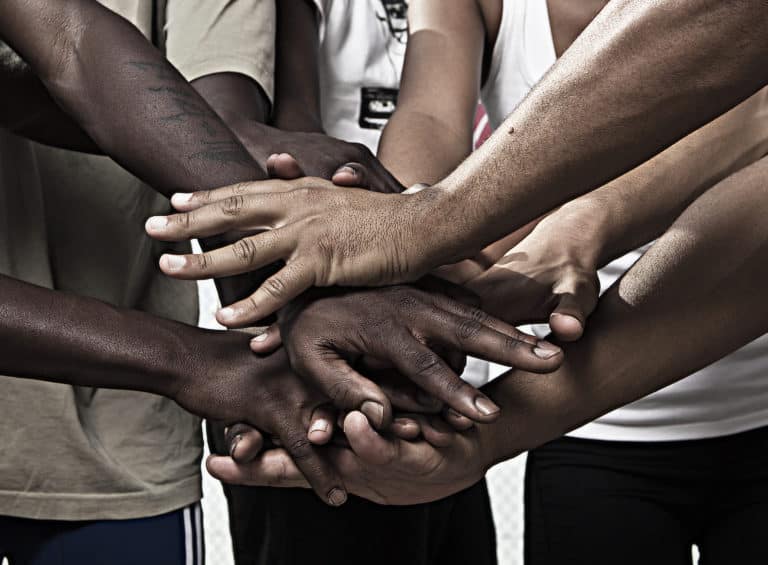Setting personal development goals can feel like wandering into a deep, dark mine. It can be tricky to find your way, but if you keep going you might unearth valuable confidence, skills, wellbeing, and other personal riches. It’s hard to know where to start. Instead of making a dreamy list of objectives, we can show you a glittering seam that runs through many of the things you might be looking for.
What is personal development?
Personal development is a process of enabling deep and lasting change in our interaction with the world through our own willpower and actions. When we acquire new skills, new circumstances, or new recognition, we also gain in confidence and self-esteem. We’ve done it, we’re stronger for it, and the world will give us medals and applause, (…at least, it should do), for being a bit better than before.
By improving our talents, employability, or even wealth, personal development increases our sense of satisfaction, making us feel that things just got a little bit easier. Accomplishing a personal objective leads to a smile on the inside that adds to who you are. Through your achievement, you’ve developed, ie grown – not into someone different, but into a version of yourself with an extra something, that came from your own efforts.
Whether you learn a language, or overcome a fear of speaking up in meetings, you are more than you were before, whether you use your new skill every day or once a month, at home, at work or socially. It’s who you are now, your personal identity has grown through your own achievements.
Why is personal development important?
Personal development matters because it gives us options. No-one likes to be stuck in the past whether at home or at work, feeling like the world is spinning for everyone else while we’re lagging behind. Changing our circumstances isn’t always straightforward, it’s easier sometimes to take smaller steps in a new direction that will eventually get us to where we want to be.
Personal development is the process of changing things within our reach in order to satisfy a sense of something that we’ve maybe felt for a while, for example:
- A sense of fulfilment – by achieving a skill that reflects our interests or ambitions.
- A sense of momentum – by taking action that will lead to progress and transition.
- A sense of recognition – through accomplishing small gains that will open doors.
Accomplishing small steps, for example a decision to speak up more at work, can lead to bigger change down the road, such as more recognition perhaps leading to a promotion. Decisions and actions as part of a process of personal development can trigger the changes that keep us on track.
What are personal development skills?
Personal development can be a private thing, like joining a gym, or it can include other people, such as your employer who may offer you training at work. Either way, personal development includes anything that makes you stronger, and often happier.
To get started, it’s tempting to begin with a list, where we imagine what it’s like to have the ability to speak Spanish, or the skill to whip up sushi with one hand while writing a novel with the other. It’s easy to imagine we’ll be skipping through the list, knocking off new achievements until everything is ticked and we can nip off for a glass of something bubbly. In reality however, the list all too often forlornly looks at us, unticked and unloved.
Break free from the list. Instead, a decisive sense of self-understanding is more likely to lead you towards the personal riches you know you’re capable of. Like a valuable seam running through your actions, an authentic sense of self-awareness will keep you on track in your personal development for longer and deeper than a simple list of hopes. Here’s how to find it:
- Take a moment to think about what you really want. Your starting point should come from recognition of authentic interests, giving voice to ambitions that might previously have gone unheard.
- Recognise why you want something, how long you’ve wanted it, and how you might not have had the opportunity or drive to chase it before. This isn’t about adding new things to a list, it’s about accepting your interest in something, then letting yourself make it happen.
- Whether you’re saying something, or writing something, doing something or learning something, self-awareness about what you want and why you want it, will bring you closer to presenting the authentic side of yourself.
Examples of personal development goals
To find your authentic interests and ambitions, maybe think about where you want to be in six months or a year’s time. You might be particularly thinking about objectives in your personal life, or at work, or both. To get you started, here are some examples that might inspire you.
For many people, personal development starts with physical and mental wellbeing, such as:
- Set realistic targets for physical exercise.
- Set limits on your social media use.
- Let go of the past, live more in the present.
- Carve out some time every day to do something calming that you enjoy.
- Recognise limiting habits (such as procrastinating) and find effective solutions.
Or maybe you want to develop parts of your personal life:
- Improve your emotional intelligence, for yourself and your relationships.
- Learn a new skill, a language perhaps.
- Treat fear as a challenge that can be overcome, rather than as a barrier.
- Read more.
- Get reacquainted with nature.
Personal development skills at work include:
- Build better work-life balance.
- Learn to be more assertive so that you better represent your opinions.
- Improve your time-management and self-management
- Develop your networking skills, focusing on people who can help you progress.
- Make better decisions through increased self-awareness.
What’s the difference between personal and professional development?
Personal development can include privately taking a new approach at work, as suggested in the examples above. But it can also include more intensive sessions of learning and study, offered by your employer. This more formal process of acquiring new skills at work is known as professional development.
This might involve a course in something specific to your job, but it could also include something broader – such as future skills – which you’ll be able to take with you through your career.
Perceptions of professional development goals changed during the pandemic. Before Covid, professional development was seen by employers and employees alike as an occasional perk.
During periods of lockdown, when many people found themselves thinking about their circumstances and future direction, development came to be regarded as a gateway to better things. Individuals began to look for a renewed commitment to professional development from their employers. For leaders, an investment in professional development strengthens engagement and retention.
Ultimately, whether at home or at work, personal development comes down to recognising what you want. In setting out to achieve it, you’re not moving on from your values or your personality, you’re simply increasing your capability by giving yourself options.
Personal development starts with self-awareness. By digging into self-understanding, you’ll discover the valuable objectives that could transform your ambitions, your 2023, and ultimately you.





